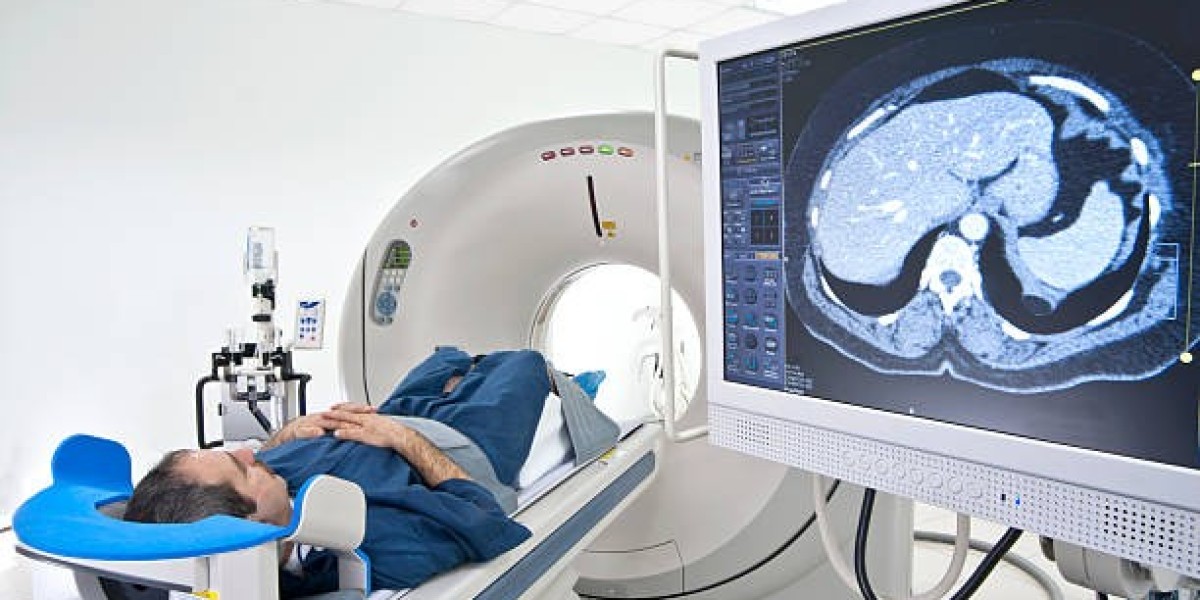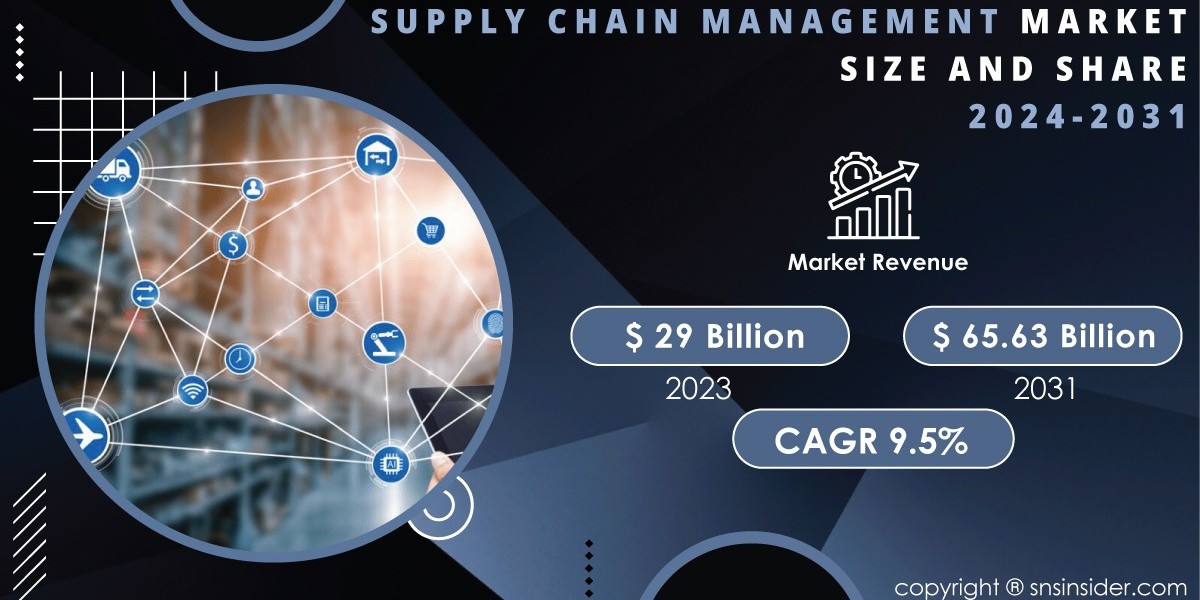Cancer remains one of the leading causes of mortality worldwide, making early detection and prevention crucial. Oncological Screening in Riyadh(الكشف عن الأورام بالرياض) is evolving rapidly, introducing innovative technologies and methodologies aimed at improving cancer detection rates and patient outcomes. This blog explores the future of oncological screening, highlighting the latest innovations that promise to enhance cancer prevention efforts.
Understanding Oncological Screening
What is Oncological Screening?
Oncological screening refers to the process of testing for cancer before symptoms appear. These screenings can help detect cancer at an early stage when it is more treatable. Common methods include mammograms, colonoscopies, and blood tests, which are designed to identify cancer or pre-cancerous conditions.
Importance of Early Detection
Early detection is vital in cancer treatment as it can significantly increase survival rates. For instance, many cancers have a better prognosis when detected early. Oncological Screening in Riyadh aims to educate the public about the importance of regular screenings and the role they play in early cancer detection.
Innovations in Oncological Screening
Liquid Biopsy: A Game Changer
Liquid biopsy is a revolutionary technique that analyzes circulating tumor DNA (ctDNA) in the bloodstream. Unlike traditional biopsies, which require tissue samples, liquid biopsies are less invasive and can provide real-time information about cancer progression and treatment effectiveness. This method is particularly beneficial for monitoring patients after treatment.
Artificial Intelligence in Imaging
Artificial intelligence (AI) is increasingly being used to enhance imaging techniques such as mammograms and CT scans. AI algorithms can analyze images more accurately and quickly than human radiologists, improving the detection of small tumors and reducing false positives. This technology streamlines the screening process, making it more efficient and reliable.
Genetic Testing and Personalized Screening
Genetic testing is another innovation that allows for personalized cancer screening. By identifying genetic mutations associated with an increased risk of cancer, healthcare providers can tailor screening schedules and methods to individual patients. This approach not only improves early detection but also helps in the prevention of cancer in high-risk populations.
The Role of Telemedicine in Screening
Increased Accessibility
Telemedicine has transformed healthcare delivery, particularly in the field of oncological screening. Patients can now consult healthcare providers virtually, discuss their risk factors, and schedule screenings from the comfort of their homes. This accessibility encourages more individuals to participate in screening programs, thereby increasing early detection rates.
Remote Monitoring and Follow-Up
Through telemedicine, patients can also receive remote monitoring and follow-up care. This ongoing support ensures that individuals adhere to their screening schedules and helps address any concerns that may arise post-screening. The convenience of telehealth services fosters a proactive approach to cancer prevention.
Community Awareness and Education
Raising Awareness
Innovations in Oncological Screening in Riyadh are not solely about technology; they also encompass community education and awareness initiatives. Public health campaigns play a critical role in informing individuals about the importance of regular screenings, risk factors, and available screening options. Increased awareness can lead to higher screening rates and ultimately save lives.
Empowering Individuals
Empowering individuals with knowledge about their health is essential. Educational workshops, seminars, and online resources can equip people with the information they need to make informed decisions regarding their screening options. The more informed the public is, the more likely they are to participate in screening programs.
The Future of Oncological Screening
Integration of Multimodal Approaches
The future of oncological screening lies in the integration of various modalities. Combining imaging, genetic testing, and liquid biopsies can provide a comprehensive picture of an individual’s cancer risk. This multimodal approach enhances early detection capabilities, allowing for timely intervention and improved patient outcomes.
Research and Development
Continuous research and development are vital for advancing oncological screening technologies. Investments in innovative solutions, such as advanced imaging techniques and AI-driven diagnostics, will shape the future landscape of cancer prevention. Collaborative efforts between researchers, healthcare providers, and technology companies will drive these innovations forward.
Policy and Regulation
As new technologies emerge, it is crucial to establish policies and regulations that ensure the safety and effectiveness of oncological screening methods. Regulatory bodies must evaluate and approve new screening technologies to maintain high standards of patient care. Advocacy for equitable access to these innovations will also be essential in maximizing their impact on cancer prevention.
Conclusion
The future of cancer prevention is bright, with numerous innovations in Oncological Screening in Riyadh(الكشف عن الأورام بالرياض) paving the way for improved detection and outcomes. By embracing new technologies, enhancing community awareness, and integrating multimodal approaches, we can revolutionize cancer screening and ultimately save lives. As individuals, it is essential to stay informed, participate in regular screenings, and advocate for advancements in oncological care. Together, we can make significant strides in the fight against cancer.








